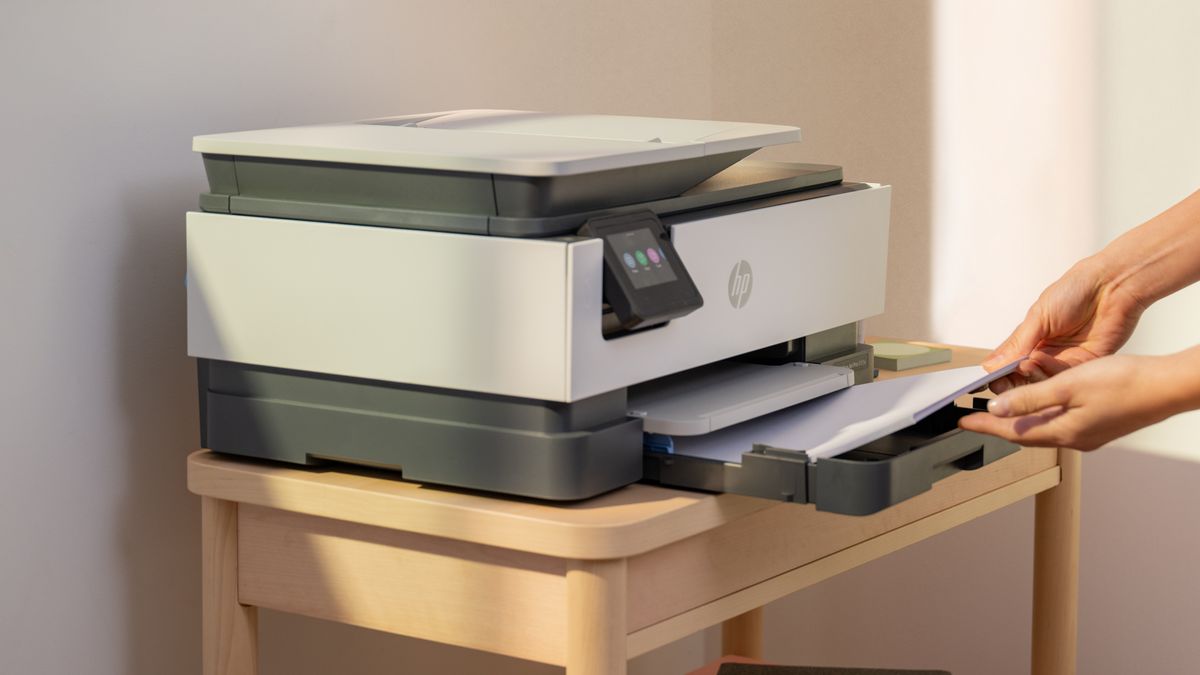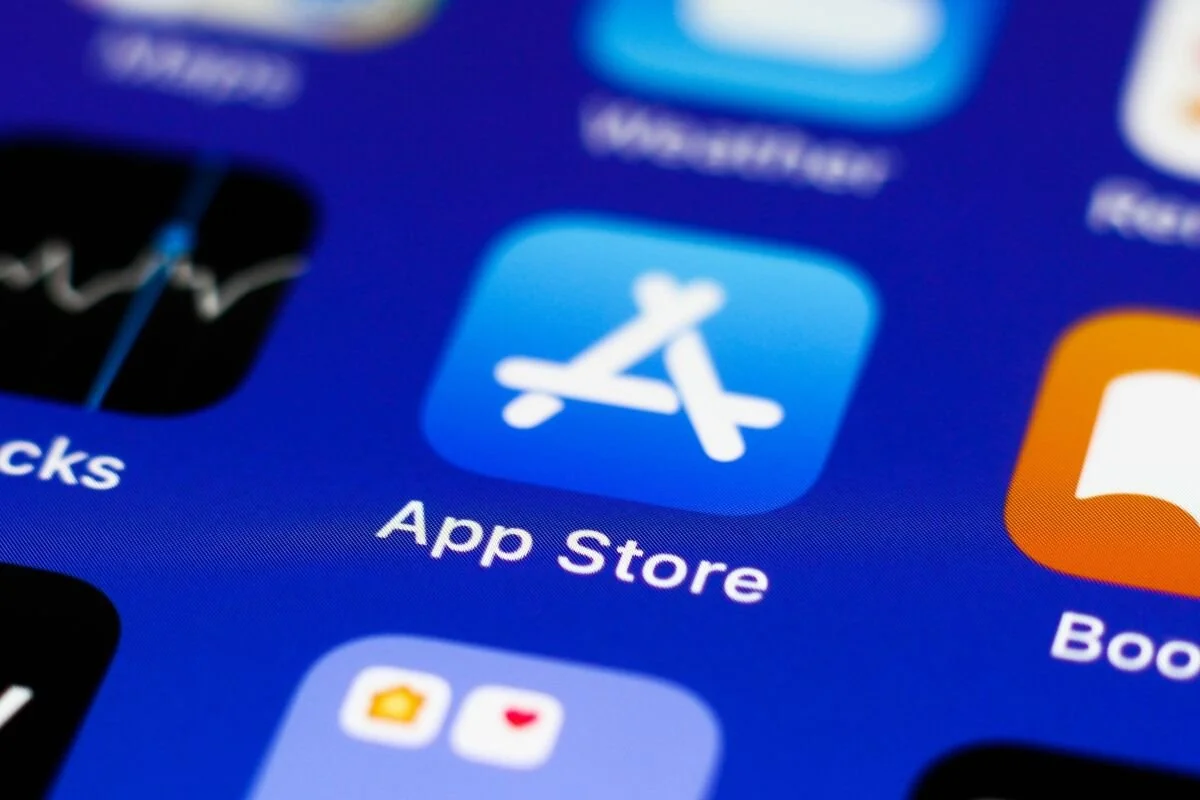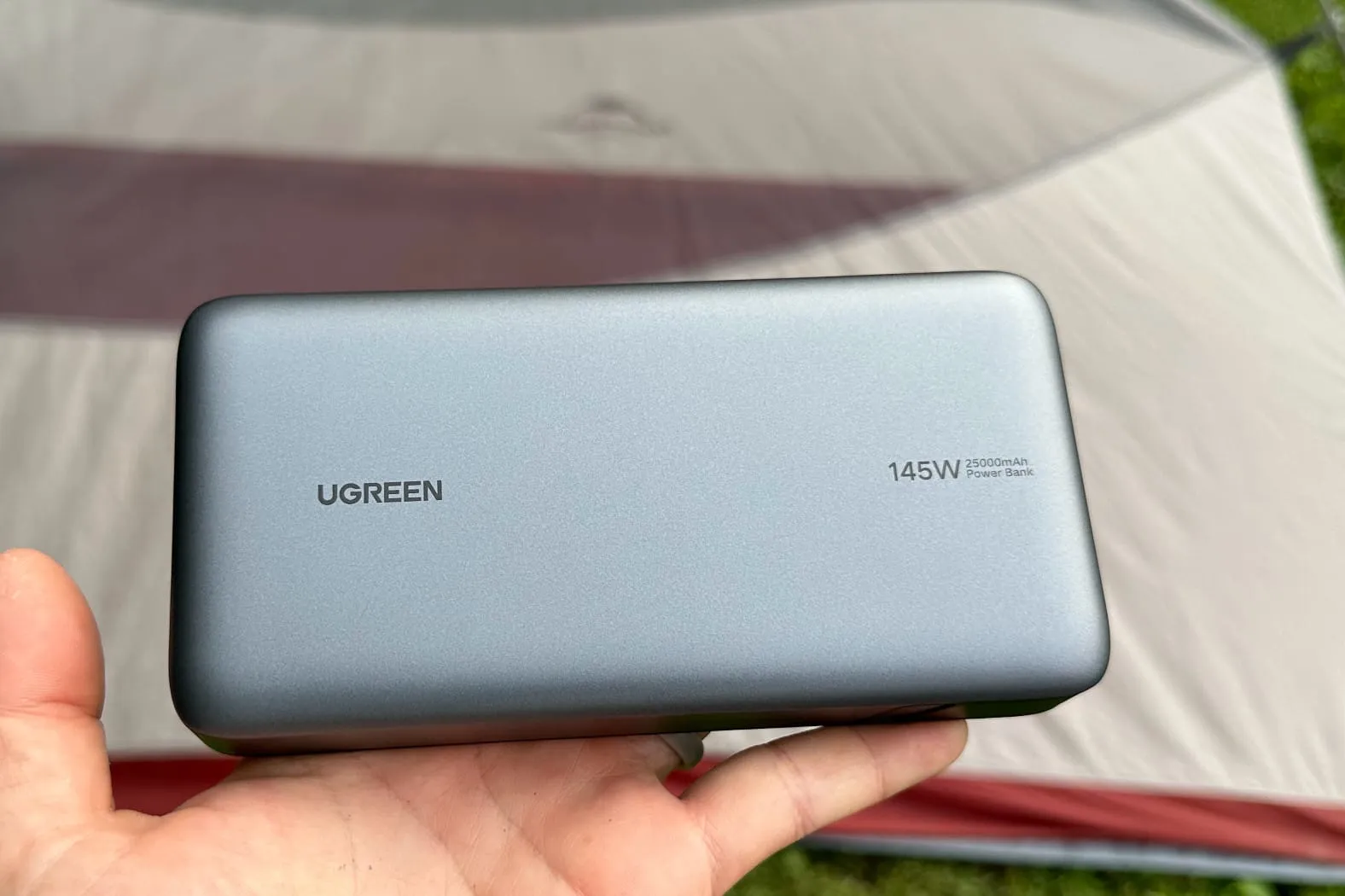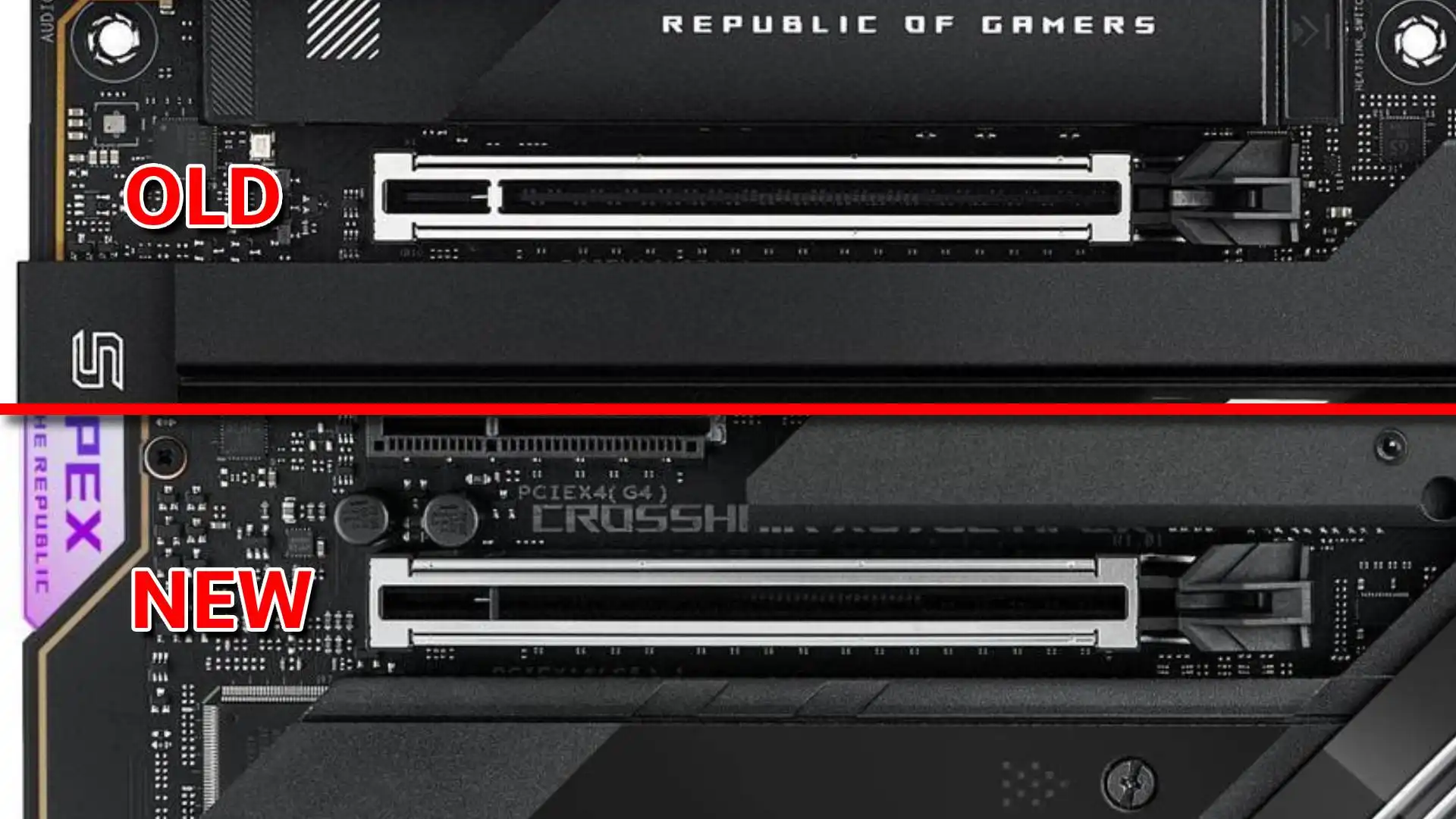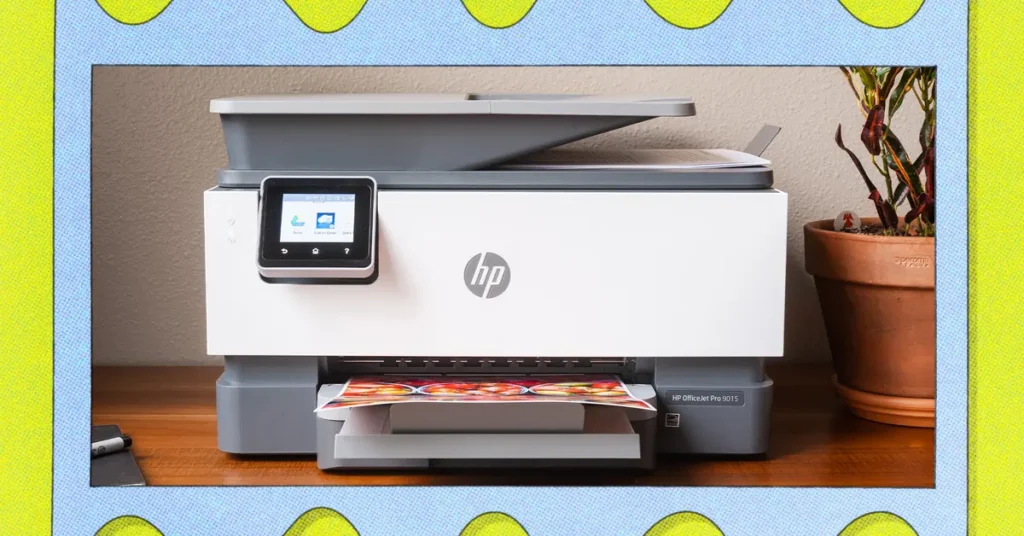
The technology industry in recent years has often felt reminiscent of an episode from the original Power Rangers: it’s all about AI, AI, and more AI. While the term “artificial intelligence” has always had a somewhat ambiguous and inconsistent definition in the real world—since much of what we refer to as “AI” today is actually machine learning rather than the sci-fi interpretation—it has become increasingly absurd.
The latest example of questionable AI branding comes from HP, which is launching “Print AI,” touted as the “industry’s first intelligent print experience for home, office, and large format printing.”
So, what does this entail? Essentially, it’s a new beta software driver package for select HP printers. According to the press release, it promises to deliver “Perfect Output”—with both words capitalized—designed to reformat a page’s content to fit better on physical paper.
While my skepticism remains, this concept does have merit. The “Perfect Output” feature can identify and eliminate unwanted elements like ads and extraneous web text, printing only the essential text and images, thus conserving time, paper, and ink. If a webpage lacks a built-in print format, the software can create one for you, enhancing the organization of printed spreadsheets and images.
However, I don’t see anything in this software that genuinely qualifies as AI—or even machine learning. The technology appears to mirror the “reader mode” formatting we’ve seen in web browsers for the last decade: stripping away unnecessary elements to present text and images efficiently.
This isn’t groundbreaking technology, nor does it meet our modern, relaxed definition of AI. Corporate clients can access similar features with “HP Scan Enhanced,” which, while it sounds interesting, doesn’t require AI to function effectively.
The press release does hint that support and formatting can be done through “simple conversational prompts,” which could leverage large language models commonly associated with consumer-facing AI. However, the overall impression is more about marketing than genuine assistance. Customers are encouraged to print or explore a curated list of partners offering unique photo printing services and gift certificates. Exciting, right?
The Perfect Output feature is expected to be available in beta versions of the drivers for all current HP printers, although I couldn’t locate it on HP’s support site. Alternatively, users can simply opt for plug-and-play on Windows and manage their printers in a more straightforward, albeit less refined, manner—just as it should be.

